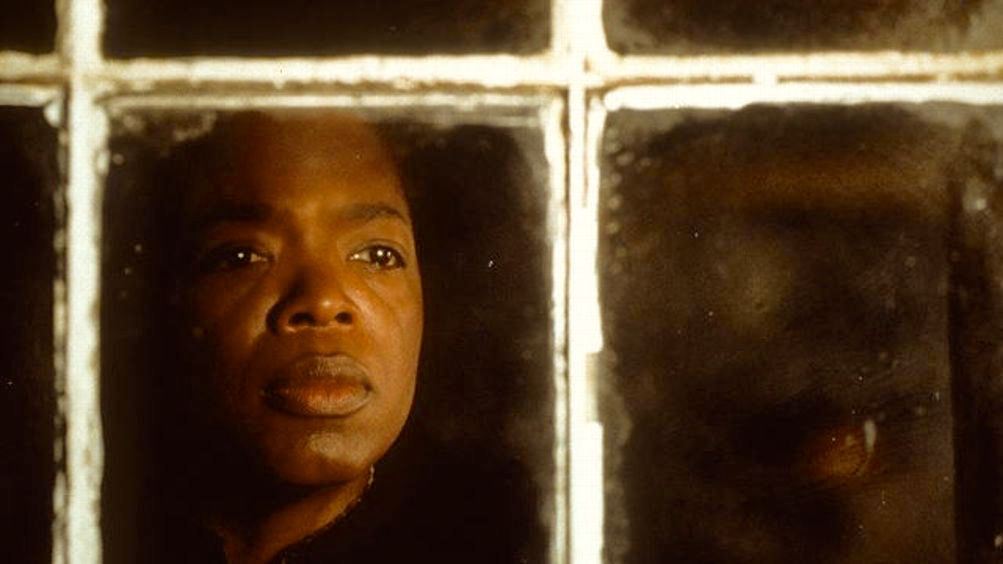
Tuesday
In my Lifelong Learning class on “the Supernatural Gothic in American Literature,” I followed up the section on Southern Gothic writers with an examination of Toni Morrison, who provides an illustrative contrast. With those writers, I argued that the unacknowledged but very real violence against African Americans made possible the cultivated gentility that people romanticized and longed for. Writers like William Faulkner, Flannery O’Connor, Eudora Welty, Truman Capote, and James Dickey made their gothic home in the gap between brutal reality and gauzy illusion.
But what are we to make of a black author who writes in the Faulkner tradition? After all, African Americans aren’t invested in burying the facts of slavery. There’s nothing in our racist past for them to repress and therefore render toxic. Or is there?
In preparing the class, I became more aware of the psychological toll on the black community caused by slavery, Jim Crow, and continuing racism. Morrison was aware that African Americans are no more eager to explore this past than many whites, and she uses the gothic genre to explore the psychic damage of such repression.
The best example is the house in Beloved, where Sethe is haunted by the baby she kills when her former masters are on the verge of recapturing her. It’s a Sophie’s Choice situation, but that doesn’t lessen the guilt. In the course of the novel, the dead baby grows in strength, especially when Paul Dee enters the house and offers Sethe a new and more hopeful future.
Morrison’s point, I think, is that African Americans can’t simply shrug off America’s bloody past, even though many would like to do so. I’m sure she agrees with Faulkner’s that the past isn’t even past. It doesn’t matter that slavery pressures Sethe to kill her baby to prevent her master from reclaiming her. Blaming whites, while justified, doesn’t make that horror disappear.
Paul Dee not only fails to exorcise the ghost, but he becomes seduced by it. In other words, he becomes trapped by the psychosis of his fellow former slaves.
Another trapped Morrison character is Circe in Song of Solomon, who initially is linked with the spooky witch in “Hansel and Gretel”
When Hansel and Gretel stood in the forest and saw the house in the clearing before them, the little hairs at the nape of their necks must have shivered…[Propelled forward by blinding hunger,] they ran as fast as they could to the house where a woman older than death lived, and they ignored the shivering nape hair and the softness in their knees.
Circe has taken over her mistress’ house following her suicide. To express her anger at the house’s expensive trappings, which have been paid for in blood, she lets the owners’ prized dogs tear it to shreds. Although her sentiments are understandable, she is trapped in this house of the past no less than Sethe. The stench is overwhelming.
To triumph over gothic repression requires facing up to this past. One cannot simply say, as Henry Ford did, that history is bunk. One must delve into and face up to the trauma.
Song of Solomon’s protagonist undertakes this hero’s journey, which takes the form of a roots quest. By uncovering his family’s history, warts and all, he frees himself from his psychic hold on him and, in the process, transforms Circe from impeding witch into Joseph Campbell’s helpful goddess. Light banishes the gothic terrors.
So whenever you find yourself attracted by gothic fiction, whether Morrison, the Southern Gothic writers, Stephen King, Anne Rice, George Martin, or whomever, you can use your attraction for self-diagnosis. Ask yourself what secret corruption you are shutting your eyes to. And don’t think you are unaware of what that corruption is. Your denial is what supplies the power.
In my final post on the course, I will be providing my own interpretation of the insights provided by contemporary gothic authors. Stay tuned.